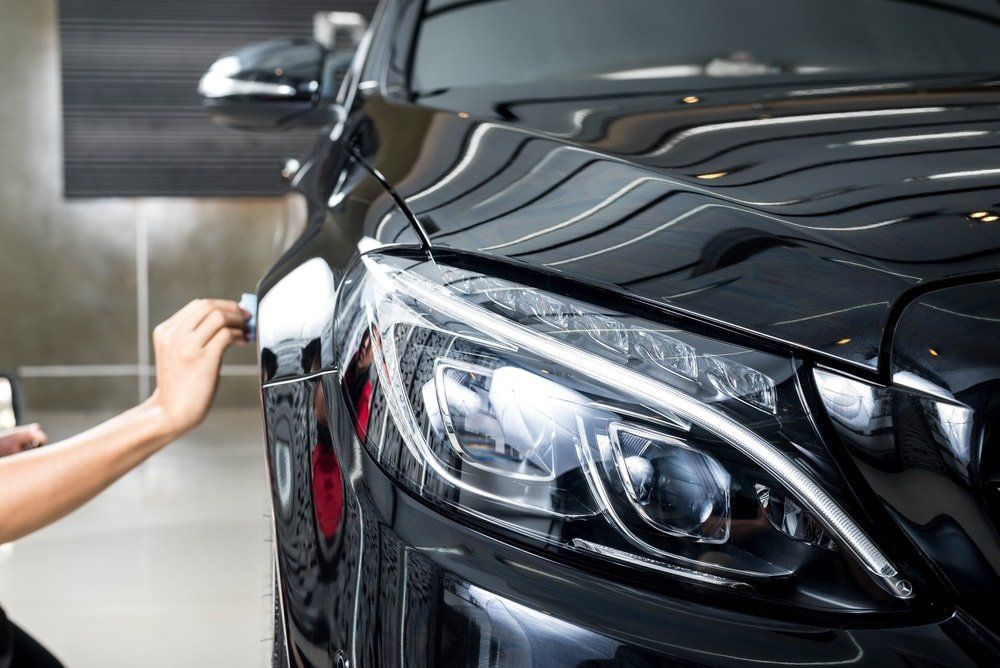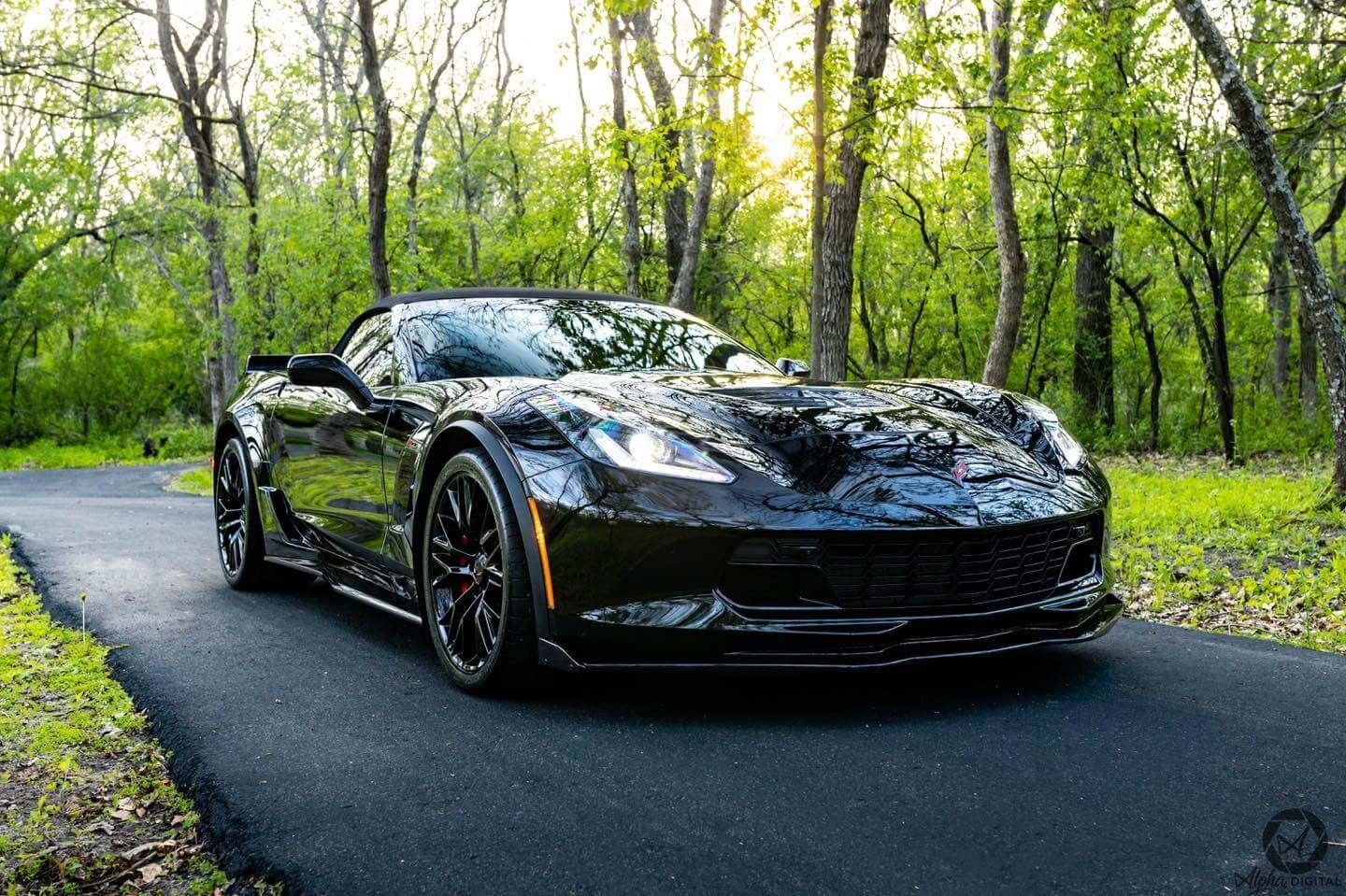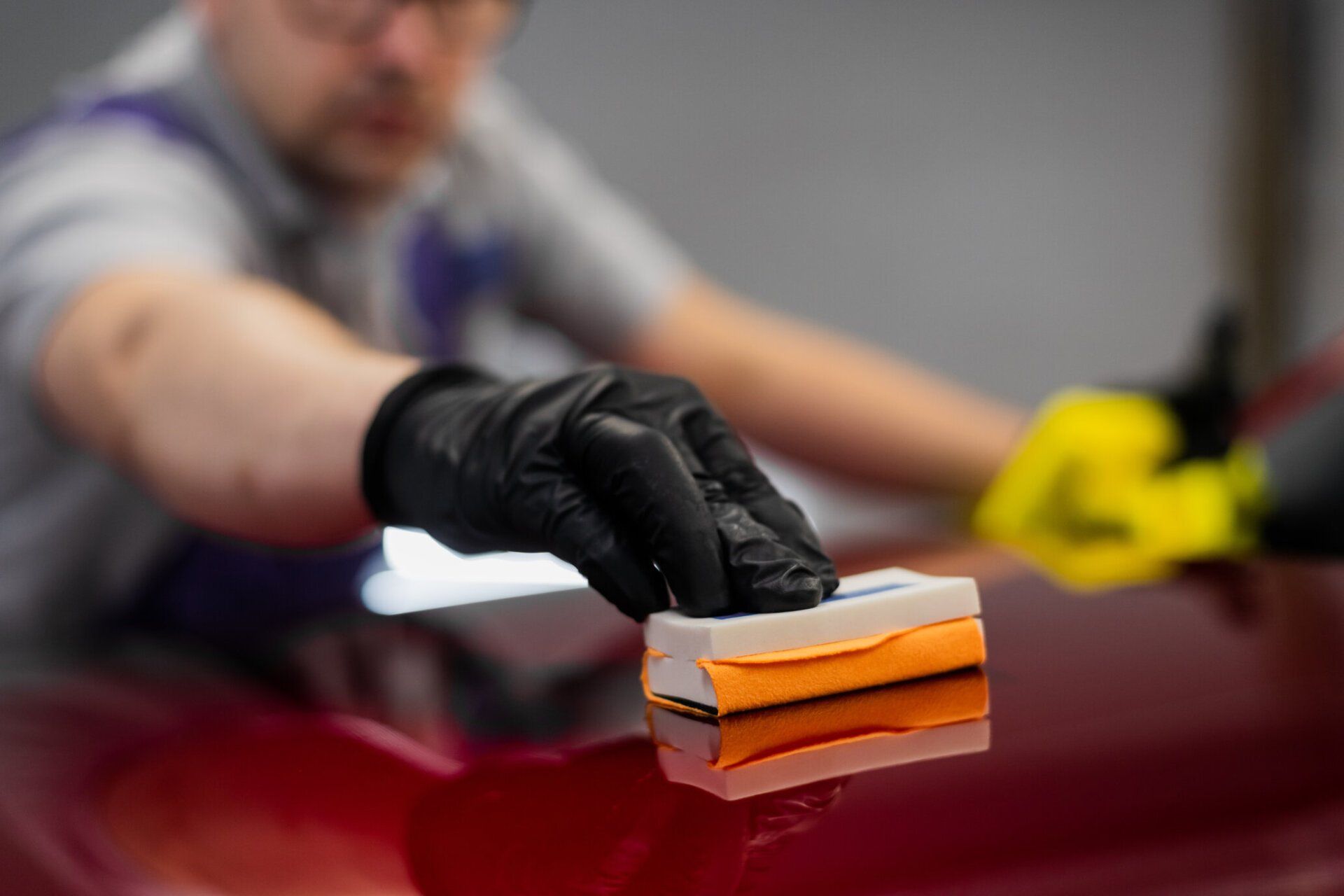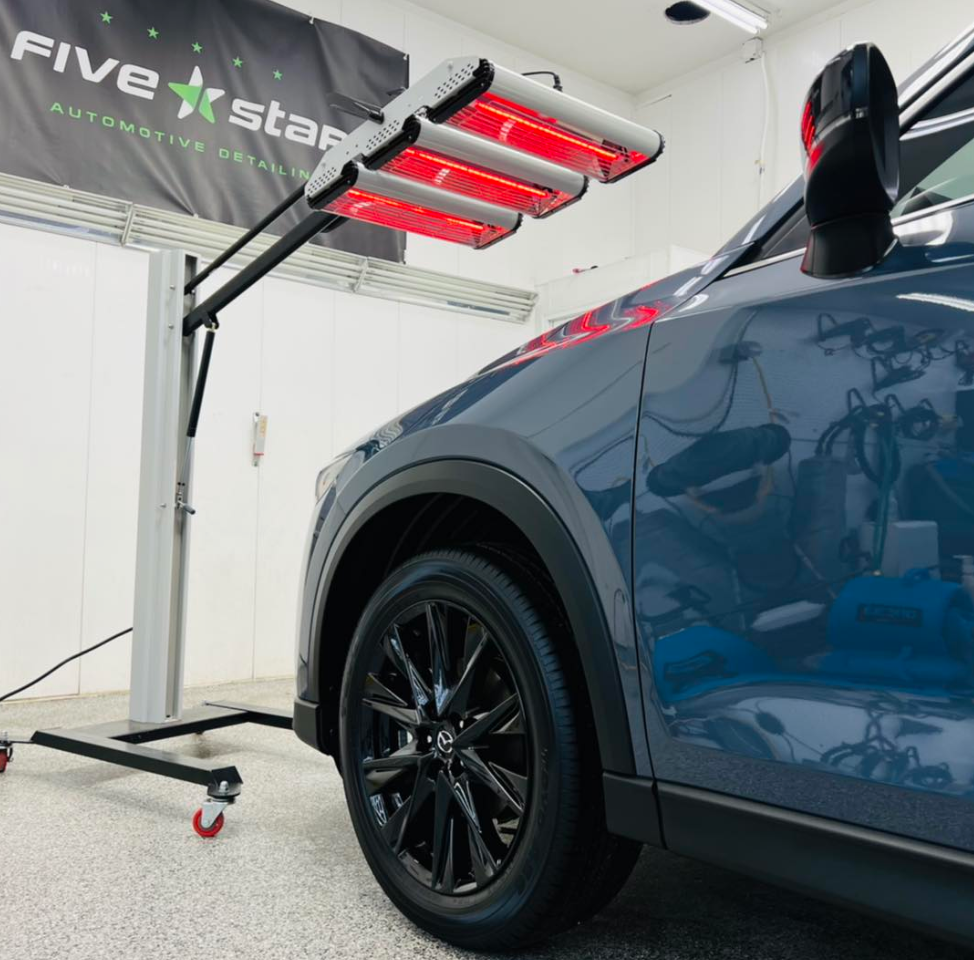If you are a car lover, it is obvious that taking care of your car is something you love to do.
You would understand the value of protecting your vehicle's paint and may look into different options like nano-ceramic coating. As you are invested in your vehicle, you always want to stay up to date on what you can do to make sure everything stays up to par.
However, even though you want it to be perfect, with hectic days and many car trips taking place, it may not always look its best.
Indeed, it may seem like you can't keep it looking great forever without thinking of an appropriate solution, such as a one-time deal that provides you with the results you require. If you are a detail-oriented person and like to keep your car perfect by preserving its original look, but you don't know which method to use, ceramic coating is the solution!
If you are looking for help with nano-ceramic coating, protective coating, paint protection film, and general ceramic coating, reach out to our team today. Our 5 Star Auto Detail team is there to help you meet your ceramic paint protection needs.
We understand the value of taking care of the car's surface and do our best to provide car enthusiasts with the right ceramic pro coating solutions!

What is Ceramic Coating?
Ceramic coating is a highly recommended method of taking care of your car's appearance. Unlike polishing and waxing, which were two old-fashioned ways of staining your car, this method is guaranteed to be successful because it is durable and gives long-lasting results.
There are different ceramic coatings, such as professional ceramic coatings and ceramic spray coatings.
The ingredients of the ceramic coating are silica dioxide and titanium dioxide. Certainly, the life and durability of this type of coating for your car will be much longer if you choose the professional coating, because the quality of ingredients is higher.
Since this chemical polymer is very sophisticated and involves adding glass to your car's paint, the water will flow well. At the same time, it will have UV protection and self-cleaning properties, which means it will loosen dirt from the surface and repel it in case of rain. Compared to traditional methods, this method discovered by chemists in Japan is very effective and extremely durable, which is cost-effective.
This method prevents dirt and stains from appearing on your car's paint and will help to prevent it from leaving it looking like it hasn't been cleaned in a while. No matter how sophisticated your car is, stains on its paint take away half of its beauty.
Many automobile drivers want their cars to look amazing and feel like they just bought them, which is what ceramic coating, known as nano-coating/glass, can do for your car. Let us dive a little further and look at some of the advantages of ceramic coating.
Looking for Paint Protection? Reach Out To Our Team at 5 Star Auto Detail Today.
It Won't Break, No Matter The Weather
We know that our cars tend to change with the weather, especially when there is a lot of moisture, so your car's appearance is likely to be affected. Rain affects the appearance of the car and can also affect the paint and create other problems.
However, with ceramic coating, you can ensure that your car looks great even when it's raining or snowing outside because its chemicals won't break down no matter what the weather is like, and all you have to do next is rinse your car a little, and you're good to go.
It Protects Your Car From the Sun
Who doesn't need a little vitamin D.? Well, it seems the answer is your car. It's not just rain that can affect your car, but also the sun's rays; UV rays can oxidize your car's paint and make it look very unpleasant to the eye. The ideal solution would be to keep your car's shield in a UV-protected environment, you should at least apply a ceramic coating to prevent UV rays from penetrating deep into the paint surface, as this could lighten the appearance of the paint giving your car a very bad look.
It Protects Your Car from Chemical Stains
Pollution is one of the biggest problems facing our planet today. The whole world is joining forces to fight this phenomenon and ensure a healthier and more prosperous environment for future generations. However, although we are used to hearing these theories that suggest that only vehicles harm the environment, cars themselves are damaged by pollution. This is because chemical stains attach themselves to the car's paint and create an unpleasant appearance.
Self-cleaning Mechanism
Imagine telling your car to go clean itself, and it listens. The technology doesn't have that feature yet, but the ceramic coating comes close. You don't have to worry about the polymer turning off, and it repels water and dirt from its surface in rainy or snowy weather, as mentioned above. All you have to do after it rains is rinse your car, as most of the dirt and water will wash off on its own.
It Adds a Touch of Shine
In all movies, cars are shiny because they look more attractive and improve a car's appearance. If your car is looking dull, you need to add some shine! Ceramic coating adds shine to your car's paint, making it look better than the original version, conveying the idea that you just bought your car, or for those who know the age of your car, you can get a medal for the good maintenance you do to your car.
Reduce the Need to Wash the Car
Who wants to wash their car every day? Well, I don't think you do. With ceramic coating, although you still need to wash your car, the frequency of doing so will be much less. Although you still need to cleanse your car, since the ceramic coating has a self-cleaning mechanism, it will be easier, and you won't have to do it so soon, only if you like to do it, because it will make the maintenance tasks easier.
Reach Out to Us at 5 Star Auto Detail Today
We are pleased to work with you on your coated surface needs; our team has been able to apply a layer of ceramic coating to many different vehicles.
Our 5 Star Auto Detail team takes our paint protection film, paint correction, clear coat, and general auto detailing projects seriously.
We provide the best value for your vehicle with our various services.
Find out how we can help you with your vehicle's exterior today.






